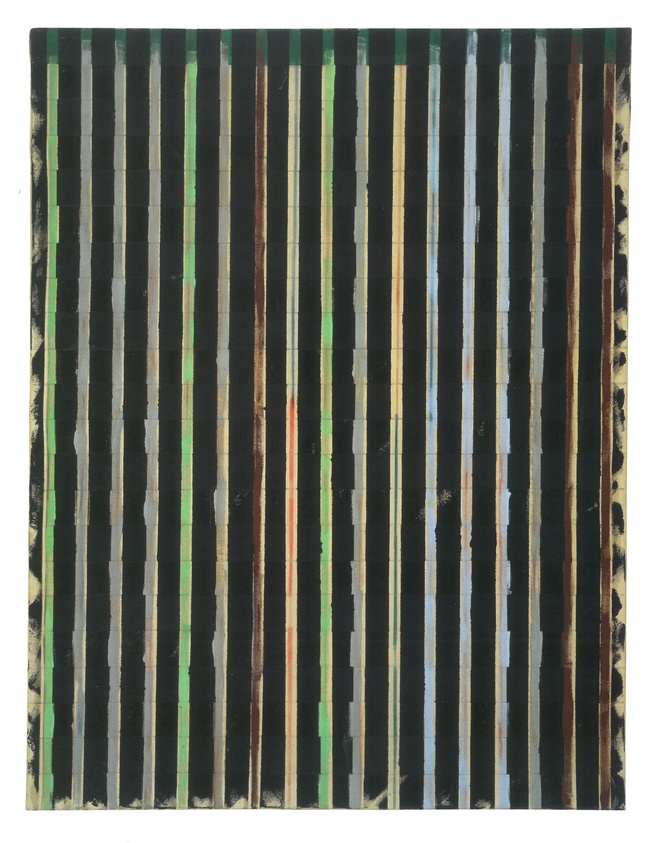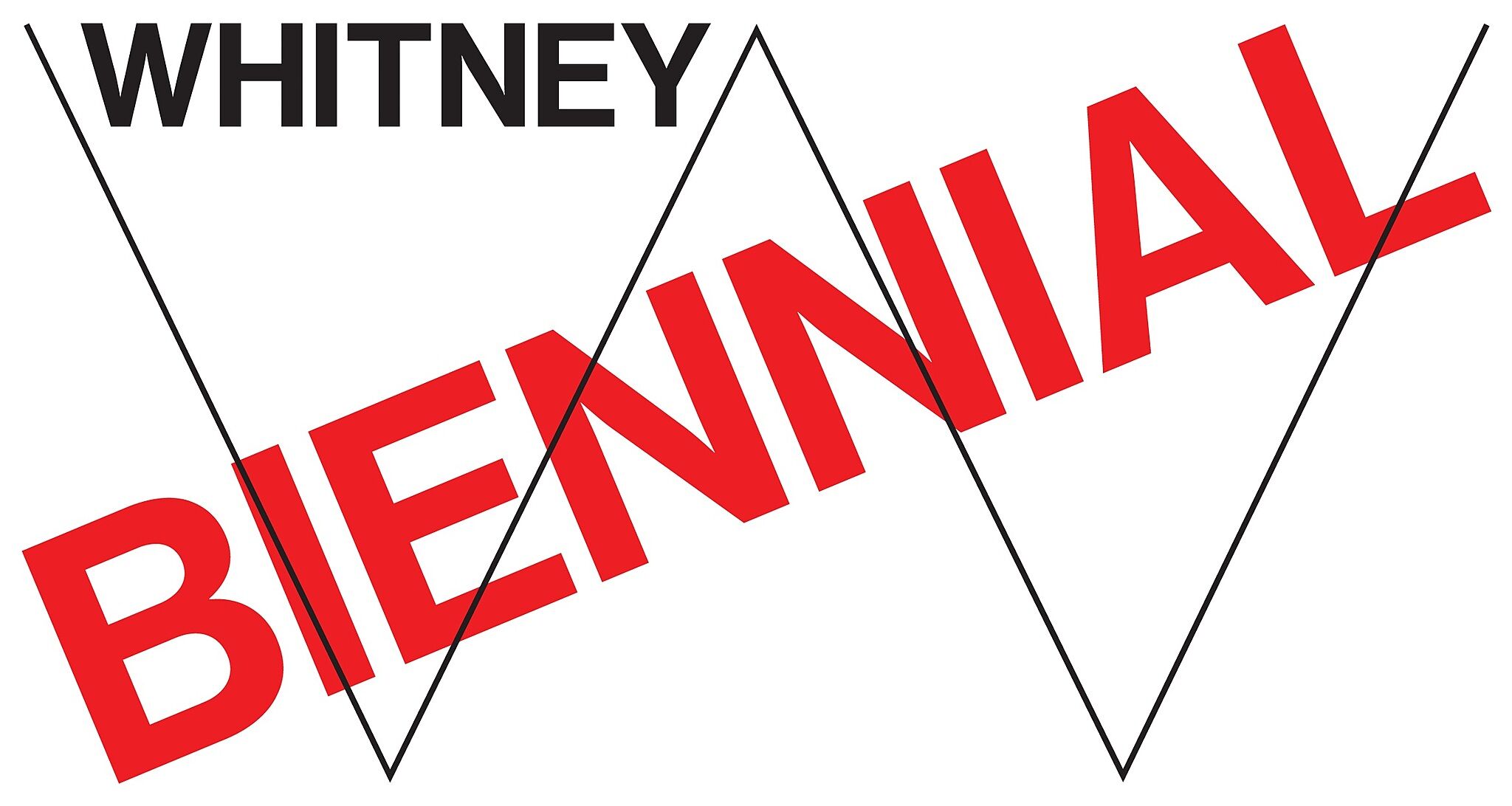Louise Fishman, Ristretto, 2013
Mar 6, 2014
0:00
Louise Fishman, Ristretto, 2013
0:00
Louise Fishman: I’m Louise Fishman.
Narrator: Fishman discusses her painting Ristretto.
Louise Fishman: This painting, it's more fragmentary than a lot of the other paintings. I like it particularly because of that quality. It still has the essence of the grid in it, and there's a lot of sanding, and a little bit of scraping. But it has a fleeting presence, which is slightly different than most of my paintings which tend to have more opacity.
Narrator: Both Ristretto and Crossing the Rubicon, the other painting shown here, are rooted in Fishman’s response to Venice. The artist has likened her experience of the Italian city to a religious conversion. In part, she was referring to the powerful experience of walking the same streets as the Renaissance masters. But the idea of conversion resonates in more subjective ways for her as well, opening up a chain of associations.
Louise Fishman: It’s funny, religious conversion is a phrase that an ex partner of mine, Ester Newton who's a cultural anthropologist, used to describe a feminism, the women's movement, as being a kind of religious conversion experience. The consciousness-raising group. That phrase comes from my own history because I, of course, spent a lot of time in those groups and getting a good feminist education.
Narrator: Fishman sees these paintings as existing on a continuum with that experience.
Louise Fishman: I mean, well, I got married. That's a pretty dramatic thing for someone who is—I’m seventy-five now, to be married to another woman, and to feel like it's just nothing special, but it is a kind of conversion experience to be going through that.
It's hard not to have things like that enter into my work. I'm susceptible to everything that comes my way. I mean, it's not that I'm not disciplined and selective in what I allow to be there, but there's so much of—I mean, just romance, for instance. There's a great deal of romance in these paintings.


